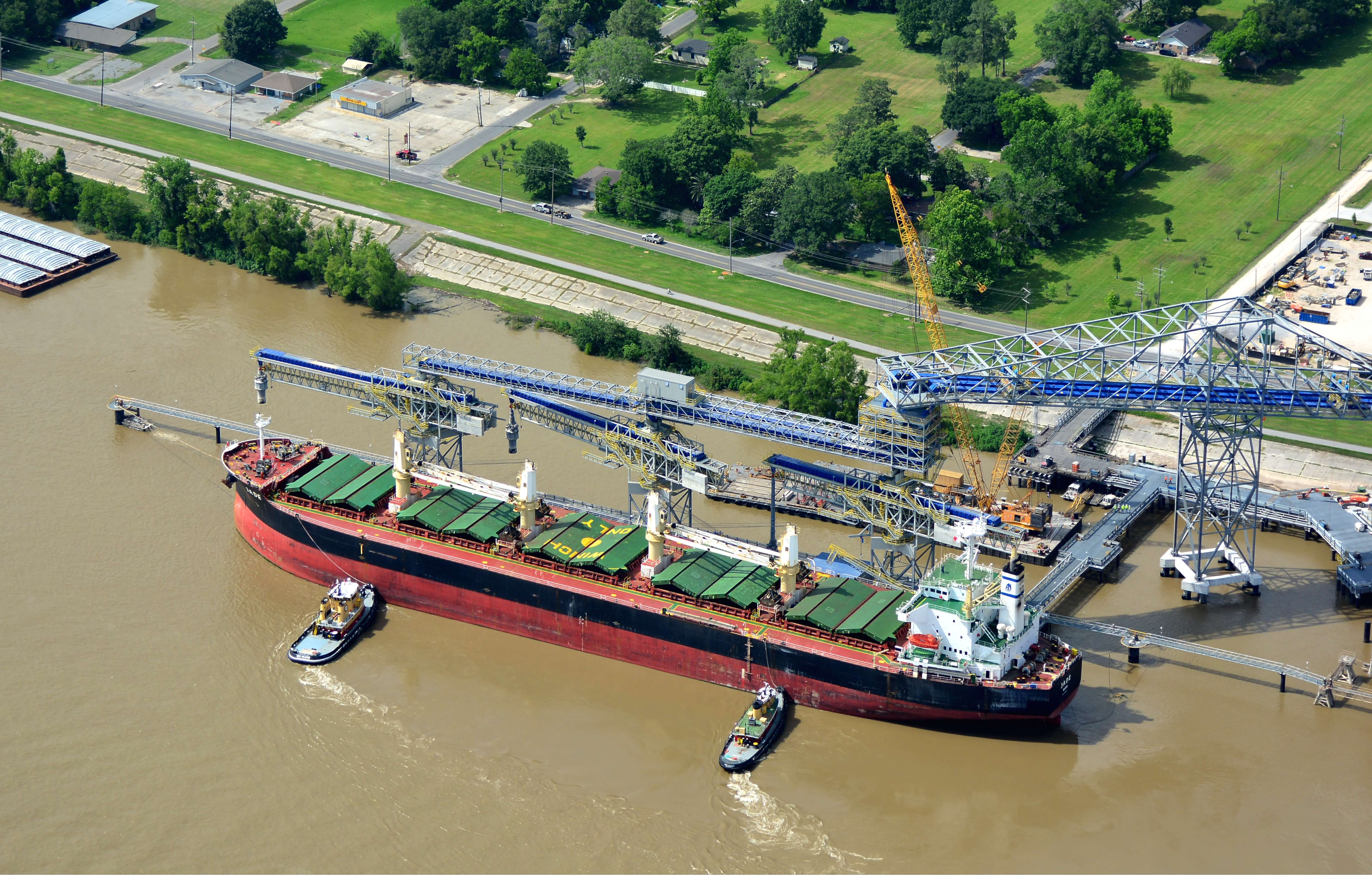Material Handling Systems for your Business
As industrial processes and technologies have become more complex and sophisticated, the benefits of an efficient material handling system are significant in the profitability of plant operations.
A material handling and storage system can employ a wide variety of equipment, machines, vessels, tools, parts, vehicles, controls, and instruments. While material handling and storage is auxiliary to the production process, the design of the material handling and storage system requires a working knowledge of the production process.
Although each industrial process requires special technical considerations, the primary objective of all efficient material handling systems is to decrease costs. A well-integrated, cost-reducing system can improve the flow of materials, reduce the stoppages in production machinery, and thus increase their productivity.
Ironically, it has been proven over time that the most cost-effective material handling system is one that minimizes handling. Unnecessary movement of materials by employees results in extra time spent picking, moving, repackaging, preparing, and sorting. In most major industrial applications, an automated material handling system is designed to maximize efficiency.
Planning and designing a material handling method is based on the volume of material involved. Such planning involves anticipating safety hazards, the possibility of combining loads, any physical or legal restrictions to moving the load, and protecting the material against contamination or damage.
Key factors in the design of an efficient automated or even semi-automated material handling systemare: optimizing storage capacity and conditions, reducing transportation distance and time, minimizing damage to equipment and materials, energy conservation, continuous monitoring and communication, and employing the latest technology in the industry.
Material handling system integrators plan and design systems tailored to their clients’ specifications. After designing the system, the engineer acts as the point of contact from conception to completion of each project.
Matrix PDM Engineering has over 50 years of experience offering technical expertise in material handling system design and installation. Matrix PDM has completed many innovative and diversified projects throughout the world. Teaming with our sister division, Matrix Service Company, Matrix PDM designs and installs material handling systems and terminals for a broad range of industries and processes.
- Bulk terminals – in the petroleum, natural gas, chemicals, cement, aggregate, and mining, and flour milling industries
- Cryogenic and low temperature storage facilities – for LNG, propane, butane, and several other refrigerated gases
- Industrial and public power plants
- Large marine tanker, barge, port loading terminals
- Sulfur and other minerals – recovery, processing and handling
- Grains and food products
- Fertilizer
- Blending facilities
For some of our clients, moving bulk materials is a primary business, for others it is a component within a much larger process. Such installations include silos, stacking tubes, domes, tanks, flat storage, conveyor systems, control systems integration, crushing and screening systems, dust control, washdowns, truck/rail/barge loading and receiving.
Matrix PDM Engineering offers feasibility studies, conceptual design, facility planning, preliminary and final design, as well as installation management service. We also offer electrical services, control system integration, and structural inspections. In each industry and application, we understand that clients are looking to maximize throughput and increase system reliability while balancing capital, operational and maintenance expenses.
No matter what type of material handling system is suited for your business, Matrix PDM Engineering is prepared to serve you with planning, design, installation, and operating services.
